Team 1 – Developing an Interdisciplinary Case-Based Training for Students in Building Energy Use Analysis
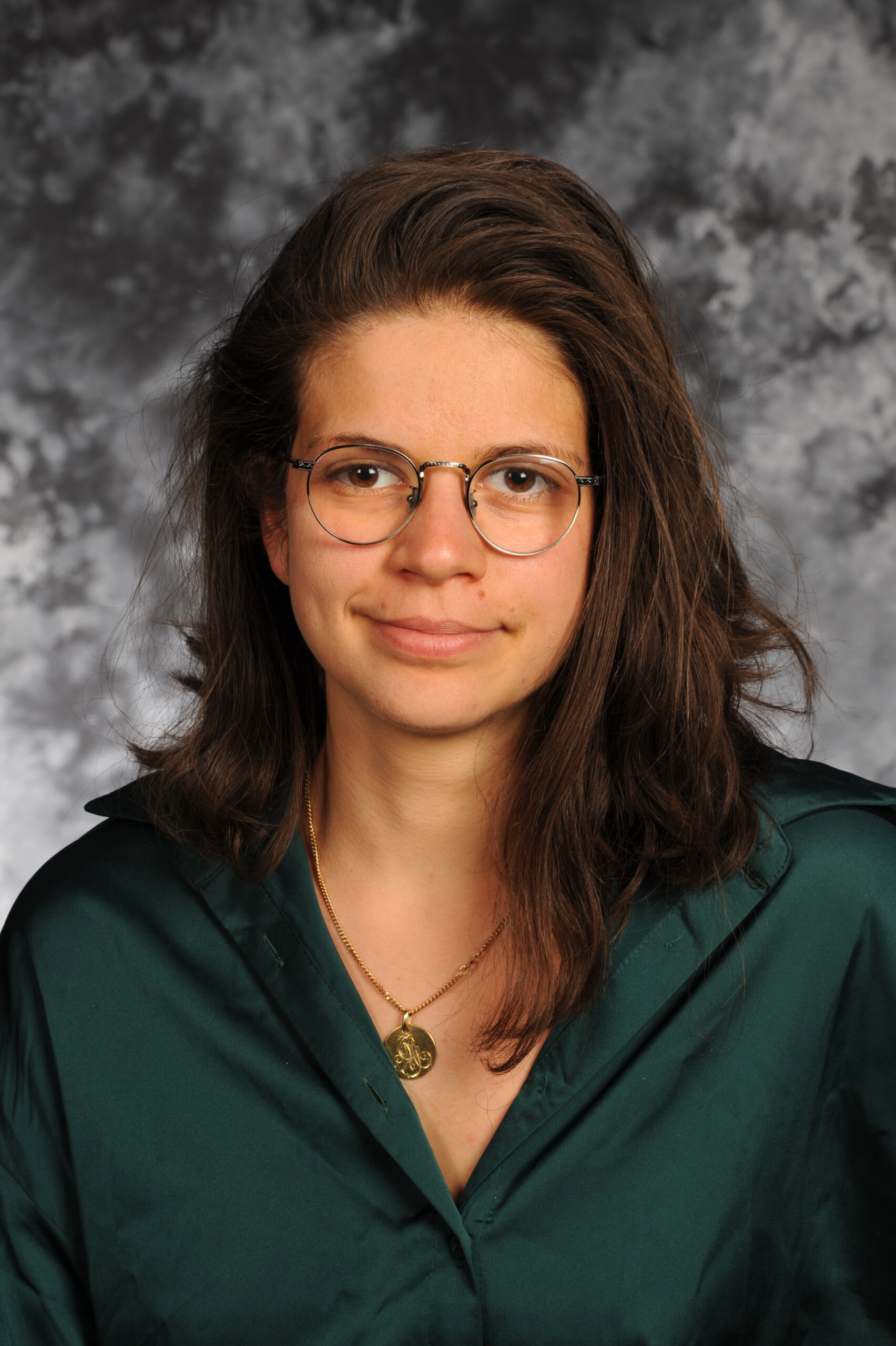
Marisol Garrouste
Contact: [email protected]
Education:
4th Year PhD Candidate in Department of Nuclear Engineering
M.S. Executive Engineering, Mines ParisTech, 2020
Research:
Marisol is focused on Nuclear Energy and Nuclear Engineering, Macro-energy Systems. Current research includes hydrogen and advanced nuclear reactors.
4th Year PhD Candidate in Department of Nuclear Engineering
M.S. Executive Engineering, Mines ParisTech, 2020
Research:
Marisol is focused on Nuclear Energy and Nuclear Engineering, Macro-energy Systems. Current research includes hydrogen and advanced nuclear reactors.
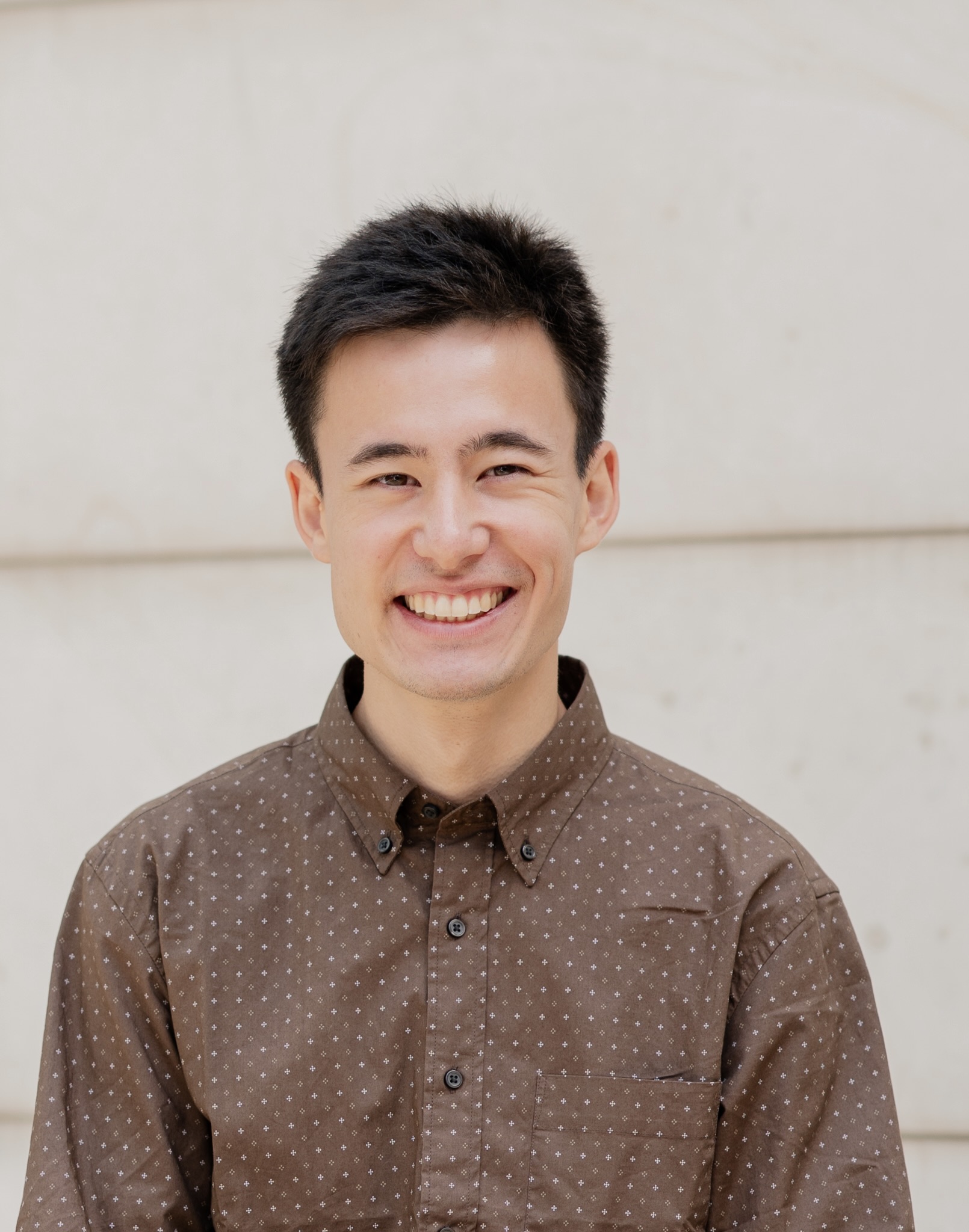
Timothy Arvan
Contact: [email protected]
Education:
3rd Year PhD Candidate in Department of Political Science and Gerald R. Ford School of Public Policy
M.Phil. (Environmental Policy), University of Cambridge, 2020
B.A. (PPE & PitE), University of Michigan, 2019
Research:
Timothy Arvan is a Ph.D. candidate in the Department of Political Science and Gerald R. Ford School of Public Policy at the University of Michigan. He also serves as Associate Fellow of the Centre for International Sustainable Development Law. Tim’s research focuses broadly on international environmental politics and law. He is now studying the use of strategic litigation against public participation by fossil fuel interests to obstruct global climate action.
3rd Year PhD Candidate in Department of Political Science and Gerald R. Ford School of Public Policy
M.Phil. (Environmental Policy), University of Cambridge, 2020
B.A. (PPE & PitE), University of Michigan, 2019
Research:
Timothy Arvan is a Ph.D. candidate in the Department of Political Science and Gerald R. Ford School of Public Policy at the University of Michigan. He also serves as Associate Fellow of the Centre for International Sustainable Development Law. Tim’s research focuses broadly on international environmental politics and law. He is now studying the use of strategic litigation against public participation by fossil fuel interests to obstruct global climate action.
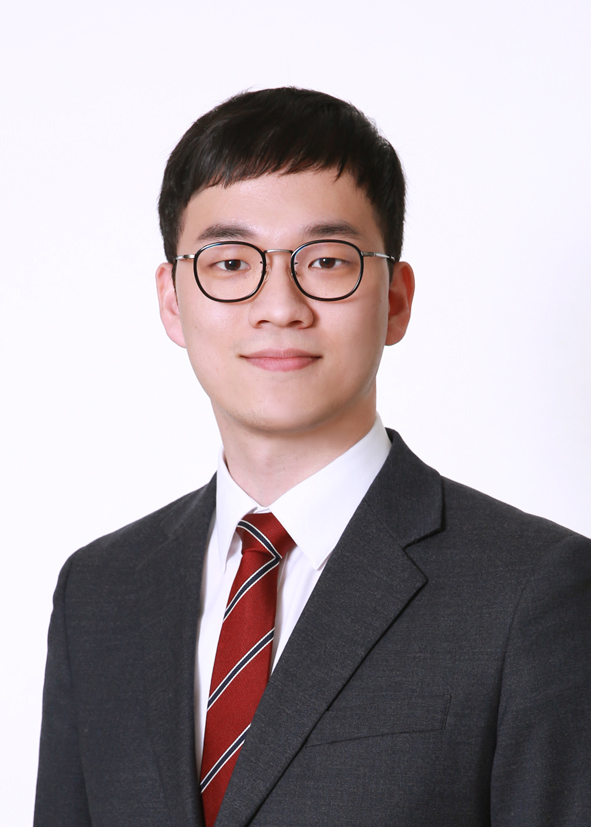
Cheoljoon Jeong
Contact: [email protected]
Education:
4th Year PhD Candidate in Industrial and Operations Engineering
M.Eng. Industrial and Systems Engineering, North Carolina State University, 2020
B.S. Information and Industrial Engineering, Yonsei University, 2016
Research:
My research interest lies in the intersection of industrial statistics and optimization, aiming to tackle a wide range of challenges within energy, manufacturing, and healthcare sectors. I currently focus on developing novel model calibration methodologies (aka. digital twin calibration) in wind power and building energy systems.
4th Year PhD Candidate in Industrial and Operations Engineering
M.Eng. Industrial and Systems Engineering, North Carolina State University, 2020
B.S. Information and Industrial Engineering, Yonsei University, 2016
Research:
My research interest lies in the intersection of industrial statistics and optimization, aiming to tackle a wide range of challenges within energy, manufacturing, and healthcare sectors. I currently focus on developing novel model calibration methodologies (aka. digital twin calibration) in wind power and building energy systems.

So-Bin Cho
Contact: [email protected]
Education:
4th Year PhD Candidate in Nuclear Engineering & Radiological Sciences
M.S. Nuclear and Quantum Engineering, Korea Advanced Institute of Science and Technology (KAIST), 2019
B.S. Physics, KAIST, 2016
Research:
I am interested in the sustained and expanded utilization of nuclear energy to support difficult-to-decarbonize sectors, which are traditionally reliant on fossil fuels. These sectors include steel manufacturing, hydrogen production, and chemical refinement. Specifically, I am investigating coupling Thermal Energy Storage (TES) with nuclear energy in order to exploit the high-quality heat generated by nuclear fission. My recent research efforts have been directed by optimized energy value chain decision modeling, such as converting heat to electricity and non-electricity products, or tailoring heat itself for industrial customers’ requirements. This consideration is accompanied by thermal component analysis, multi-market modeling, and the selection of storage technologies. I am currently responsible for techno-economic assessment, value preposition of nuclear-TES couple systems and comparative market analysis in the TES-use case team at the Idaho National Laboratory (INL).
4th Year PhD Candidate in Nuclear Engineering & Radiological Sciences
M.S. Nuclear and Quantum Engineering, Korea Advanced Institute of Science and Technology (KAIST), 2019
B.S. Physics, KAIST, 2016
Research:
I am interested in the sustained and expanded utilization of nuclear energy to support difficult-to-decarbonize sectors, which are traditionally reliant on fossil fuels. These sectors include steel manufacturing, hydrogen production, and chemical refinement. Specifically, I am investigating coupling Thermal Energy Storage (TES) with nuclear energy in order to exploit the high-quality heat generated by nuclear fission. My recent research efforts have been directed by optimized energy value chain decision modeling, such as converting heat to electricity and non-electricity products, or tailoring heat itself for industrial customers’ requirements. This consideration is accompanied by thermal component analysis, multi-market modeling, and the selection of storage technologies. I am currently responsible for techno-economic assessment, value preposition of nuclear-TES couple systems and comparative market analysis in the TES-use case team at the Idaho National Laboratory (INL).
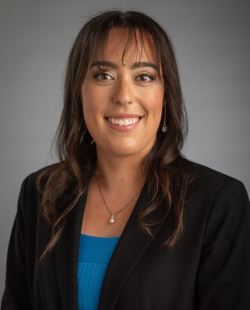
Pamela Wildstein
Contact: [email protected]
Education:
2nd Year PhD Candidate in Environment and Sustainability & Urban and Regional Planning
M.S. Environment and Sustainability, University of Michigan, 2022
B.S. Environmental and Sustainability Sciences, Cornell University, 2020
Research:
Pamela is a PhD pre-candidate studying energy geography in the School for Environment and Sustainability and the department of Urban and Regional Planning at the University of Michigan. Her research interests include the reliability contribution of residential demand response, distributed energy resource aggregation participation in wholesale markets, and the changing role of the consumer in the system. Pamela’s most recent project considers the impact of override behavior on the reliability contribution of a residential air conditioning direct load control program in California. Prior to graduate studies, she worked for the Cornell Institute for Climate Smart Solutions.
2nd Year PhD Candidate in Environment and Sustainability & Urban and Regional Planning
M.S. Environment and Sustainability, University of Michigan, 2022
B.S. Environmental and Sustainability Sciences, Cornell University, 2020
Research:
Pamela is a PhD pre-candidate studying energy geography in the School for Environment and Sustainability and the department of Urban and Regional Planning at the University of Michigan. Her research interests include the reliability contribution of residential demand response, distributed energy resource aggregation participation in wholesale markets, and the changing role of the consumer in the system. Pamela’s most recent project considers the impact of override behavior on the reliability contribution of a residential air conditioning direct load control program in California. Prior to graduate studies, she worked for the Cornell Institute for Climate Smart Solutions.
Team 2 – Decarbonization Pathways for National Oceanic and Atmospheric Administration (NOAA) Small Boat Fleet
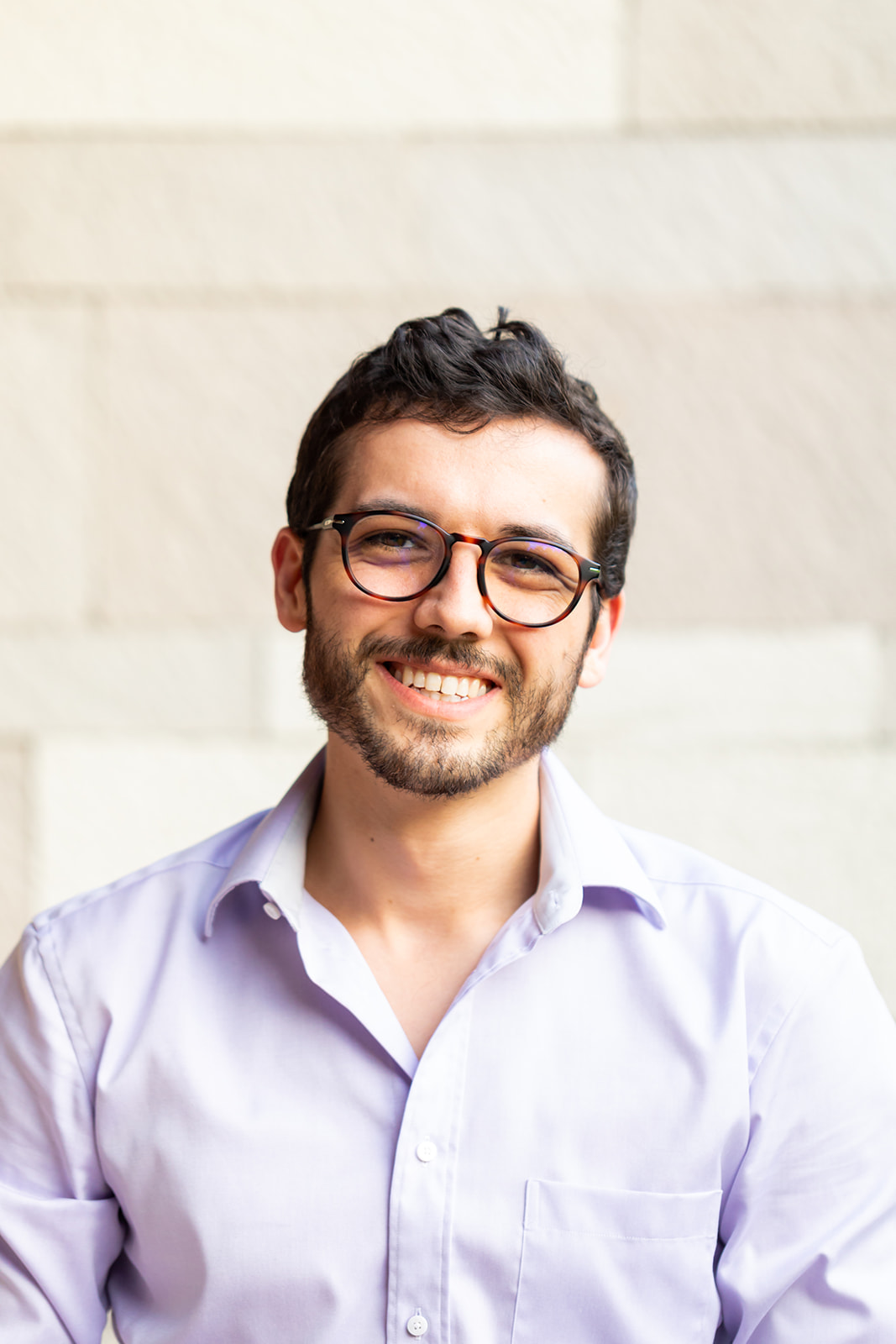
Max Vanatta
Contact: [email protected]
Education:
2nd Year PhD Candidate in Resource, Policy, and Behavior Track at SEAS
M.Eng. Energy Systems Engineering, University of Michigan, 2022
M.Des, Technology, Harvard University School of Design, 2018
B. Arch. Architecture, Cornell University, 2016
Research:
Max is a 2nd year PhD student in the School for Environment and Sustainability. He is particularly interested in modelling and analysis of infrastructure, technology development and policy as they impact our society and the world we live in. Max’s current research is split into two areas: 1) analyzing the technoeconomic value of small modular reactors in decarbonizing industrial heat and ii) evaluating and designing tools for intentional inclusion of energy justice into energy system modeling. Prior to his time at University of Michigan, Max worked in the fields of architecture, design, space system engineering, and teaching.
2nd Year PhD Candidate in Resource, Policy, and Behavior Track at SEAS
M.Eng. Energy Systems Engineering, University of Michigan, 2022
M.Des, Technology, Harvard University School of Design, 2018
B. Arch. Architecture, Cornell University, 2016
Research:
Max is a 2nd year PhD student in the School for Environment and Sustainability. He is particularly interested in modelling and analysis of infrastructure, technology development and policy as they impact our society and the world we live in. Max’s current research is split into two areas: 1) analyzing the technoeconomic value of small modular reactors in decarbonizing industrial heat and ii) evaluating and designing tools for intentional inclusion of energy justice into energy system modeling. Prior to his time at University of Michigan, Max worked in the fields of architecture, design, space system engineering, and teaching.
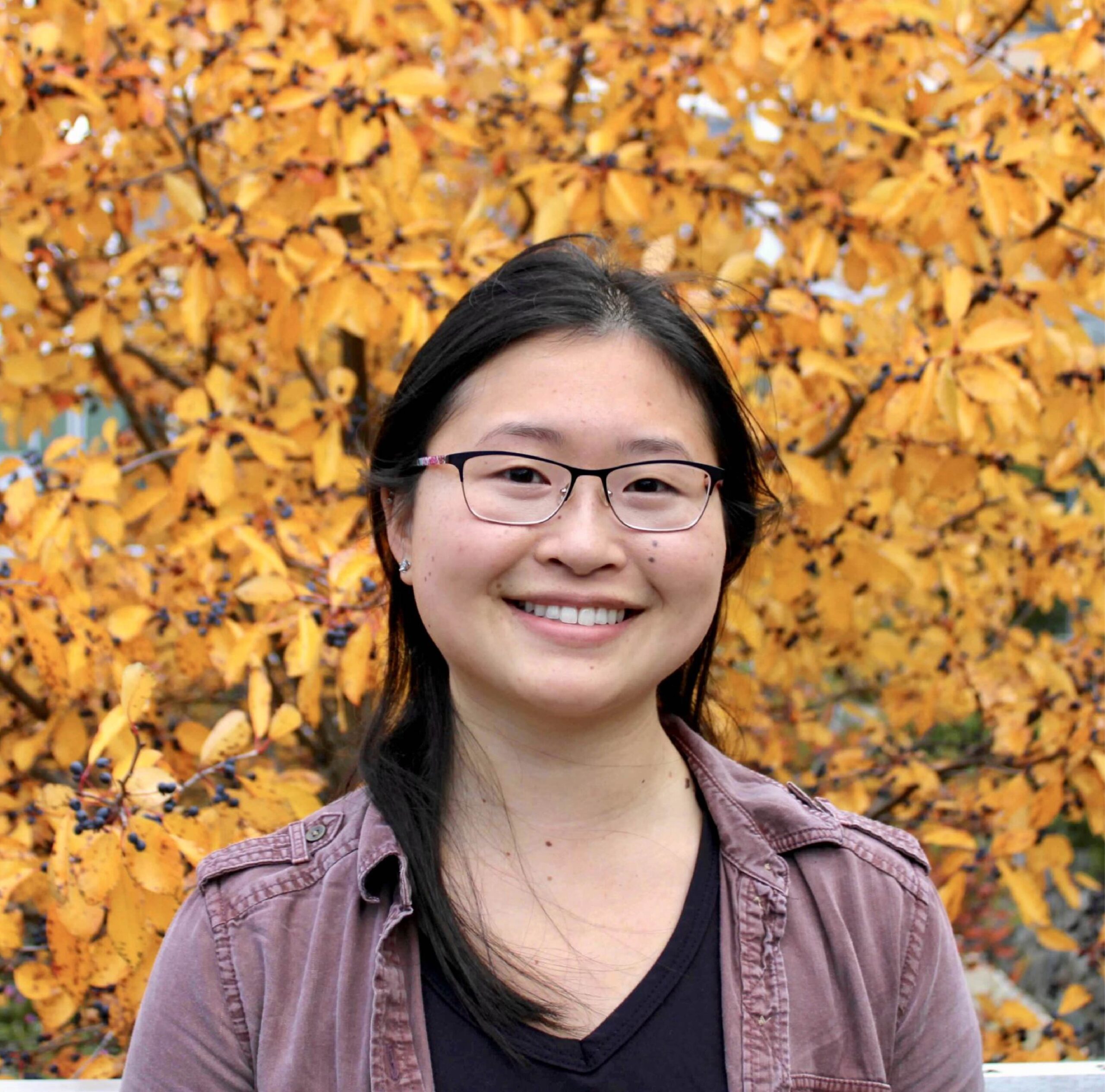
Carissa Yim
Contact: [email protected]
Education:
3rd Year PhD Candidate in Chemical Engineering
M.S. in Chemical Engineering, University of Michigan, 2022
B.S. in Chemical Engineering, University of Pittsburgh, 2021
Research:
I am currently pursuing a PhD in ChE along with an Environmental Justice Certificate. My research in the Schwank and Lenert labs focuses on light-matter interactions to advance the photo-catalytic, sustainable production of valuable chemicals and fuels, such as ammonia.
3rd Year PhD Candidate in Chemical Engineering
M.S. in Chemical Engineering, University of Michigan, 2022
B.S. in Chemical Engineering, University of Pittsburgh, 2021
Research:
I am currently pursuing a PhD in ChE along with an Environmental Justice Certificate. My research in the Schwank and Lenert labs focuses on light-matter interactions to advance the photo-catalytic, sustainable production of valuable chemicals and fuels, such as ammonia.
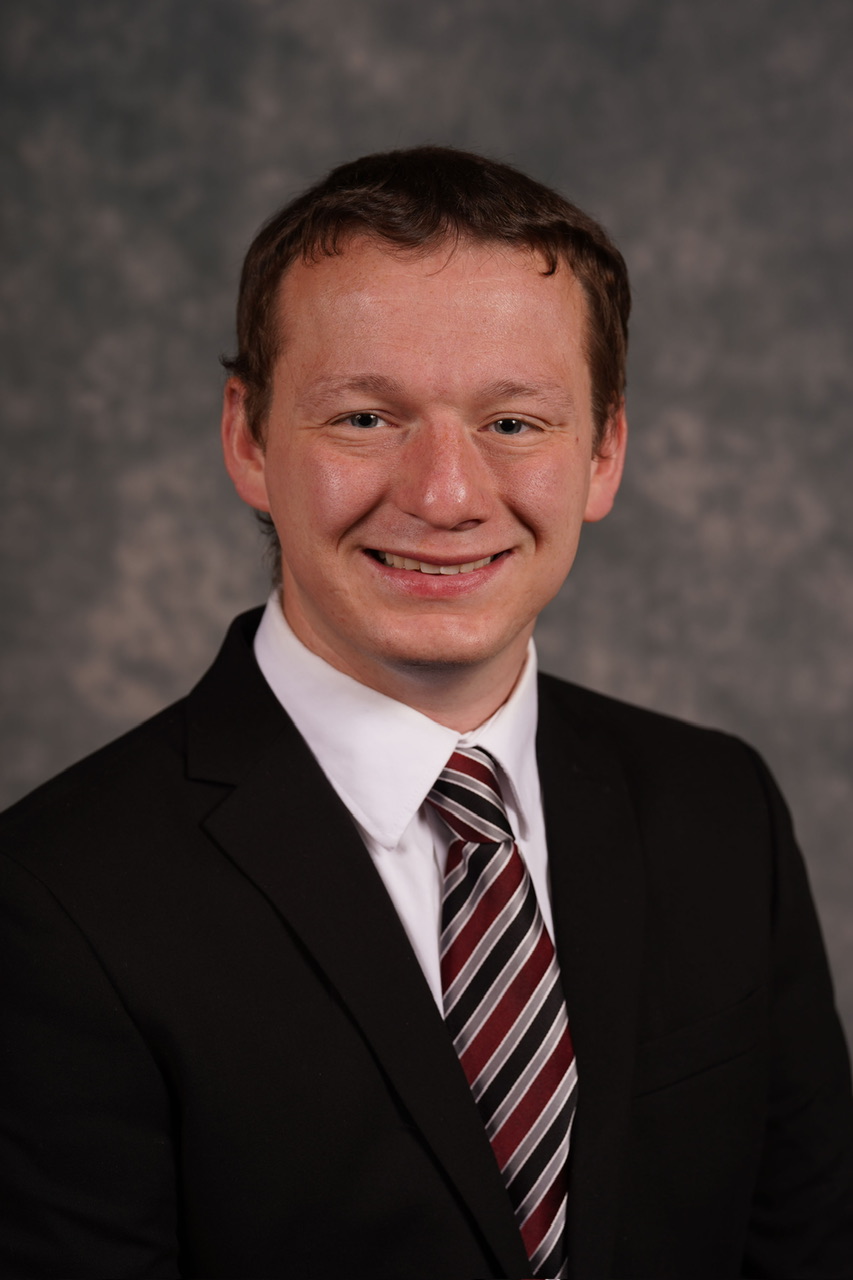
Christopher Woodley
Contact: [email protected]
Education:
3rd Year PhD Candidate in Inorganic Chemistry
B.S., Chemistry & Biology, Carlow University, 2019
Research:
Christopher is exploring mechanistic role of dopant ions on structure and electrochemical characteristics of oxide battery materials.
3rd Year PhD Candidate in Inorganic Chemistry
B.S., Chemistry & Biology, Carlow University, 2019
Research:
Christopher is exploring mechanistic role of dopant ions on structure and electrochemical characteristics of oxide battery materials.

Rahul Ramesh
Contact: [email protected]
Education:
3rd Year PhD Candidate in Advanced Combustion Systems, Aerospace Engineering
M.S.E. Aerospace Engineering
Research:
My doctoral work is focused on the development of energy conversion systems with a focus on low emission combustor design and operation by understanding the effects of turbulence and flame stability on a fundamental level. I designed and developed the Dual Independent Swirl Combustor (DISCO) aimed at investigating novel combustion control strategies which can mitigate thermoacoustic instabilities developed at lean operating conditions, contributing to the broad goal of increasing the combustor efficiency. Additionally, I have developed the Von Kármán Combustion Chamber (VKCC) to quantify the dependence of Reynolds number on the evolution of turbulent interfaces critical to the determination of turbulent combustion properties of hydrogen-methane and sustainable fuel blends.
3rd Year PhD Candidate in Advanced Combustion Systems, Aerospace Engineering
M.S.E. Aerospace Engineering
Research:
My doctoral work is focused on the development of energy conversion systems with a focus on low emission combustor design and operation by understanding the effects of turbulence and flame stability on a fundamental level. I designed and developed the Dual Independent Swirl Combustor (DISCO) aimed at investigating novel combustion control strategies which can mitigate thermoacoustic instabilities developed at lean operating conditions, contributing to the broad goal of increasing the combustor efficiency. Additionally, I have developed the Von Kármán Combustion Chamber (VKCC) to quantify the dependence of Reynolds number on the evolution of turbulent interfaces critical to the determination of turbulent combustion properties of hydrogen-methane and sustainable fuel blends.
